
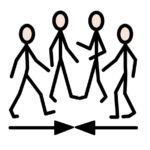


This year, because of the COVID-19 situation,
training for self-advocates was done online.
By doing this we were able to reach more people.
We had 93 registrations for the events and 71 attendees.
The participants were self-advocates
and professionals supporting them.
The aim of these online meetings
was to collect some ideas on how
people were affected by the COVID-19 situation
on their ability to advocate
for themselves and exercise rights.
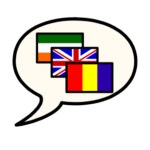

We had online events in 7 languages:
· German
· French
· Czech
· Romanian
· Portuguese
· English
· Hungarian
Participants were from 11 European countries:
· Austria
· Belgium
· Czechia
· France
· Hungary
· Poland
· Portugal
· Moldova
· Romania
· Scotland-UK
· The Netherlands


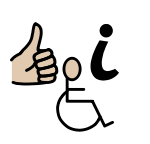
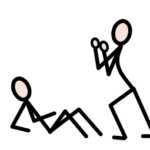

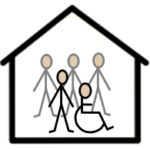
Main issues identified
- Difficulties to keep the jobs.
- Problems with getting the needed support to independent living.
- Difficulties to stay in touch with family and friends.
- In some countries, people in institutions
did not have access to the internet or to mobile phones.
- Online events or meetings are not accessible to all.
- Access to protective equipment was difficult.
- More abuse inside the institutions and residential services.
- Access to health care services was limited.
- There was a returning to “old days” – people closed in their rooms,
heavily medicated, no community activities.


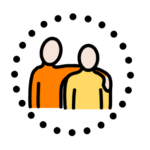
How did the governments act?
Article 11 of the
Convention on the Rights of
Persons with Disabilities (UNCRPD)
says that governments must make sure
that persons with disabilities
have access to the right protection
and to be safe in case of humanitarian emergencies.
This means that they need to have measures
that protect people from harm and have them safe.
According to our participants,
this did not happen in most of the countries.
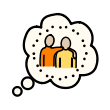
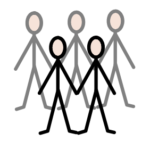
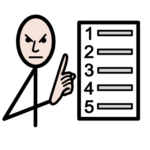
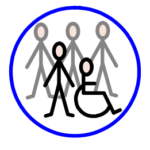
What have we learned that it’s important?
- It is really important to have strong self-advocacy groups.
When we have them, they can help to decide on good measures.
- It is also important to teach self-advocates
on how to use mobile phones
and the internet to stay in touch.
- Governments should involve persons with disabilities
and their representative organisations
when they think about measures
to respond to events like the pandemic.
- It is easier to protect ourselves
against the virus and to live an independent life
if we have community-based services.





